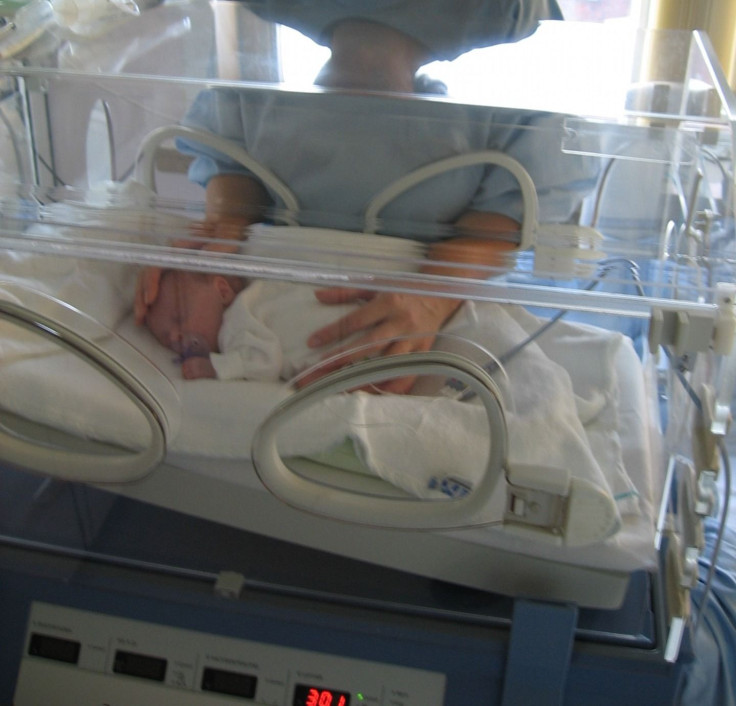Extreme Preemies Are At Risk of Severe Blood Loss From Lab Testing

A recent study has found that extreme preemies (preterm infants born within 28 weeks of gestation) undergo severe blood loss in their first month of life due to laboratory investigations and procedures.
Most preterm infants who are admitted to neonatal intensive care units (NICUs) suffer Anemia of prematurity (AOP). And a majority of such preemies need at least one RBC transfusion during their stay there. The reason behind AOP in preemies has by far attributed to normal physiological processes like insufficient production of red blood cells (RBCs) in the bone marrow, an increase in body weight and shorter life span, etc. But the new study has found another significant cause of AOP to be iatrogenic (blood lost during medical or diagnostic procedures) blood loss due to frequent laboratory testing and procedures.
The study authors sought to evaluate the amount of iatrogenic blood loss and the number of times the extreme preemies underwent punctures for phlebotomy during their first month after birth. They used this number as a baseline to compare with future blood-saving strategies. Their findings showed a direct correlation between the volume of phlebotomy blood loss and the volume of RBC transfusion.
The authors say that the cumulative iatrogenic blood loss in extremely preterm infants in the first 28 days after their birth is very high and is approximately 24 ml/kg, which is equal to about one-third of their total blood volume. Such an amount of blood loss during phlebotomy procedures was found to be almost equal to the volume of RBC transfusions the preemies later required. This confirms the fact that iatrogenic blood loss is one major cause of the high requirement of blood transfusion in preemies.
The study also emphasizes the requisite of reducing the iatrogenic blood loss so as to reduce the need for blood transfusions in extreme preemies. Most importantly, blood transfusions in extremely preterm infants have been associated with an increased risk of neonatal mortality, morbidity, and inflammatory responses. Thereby, it is important to reduce iatrogenic blood loss in preemies so as to reduce the need for transfusions, which can, in turn, reduce morbidity and mortality rates.
© Copyright IBTimes 2025. All rights reserved.






















